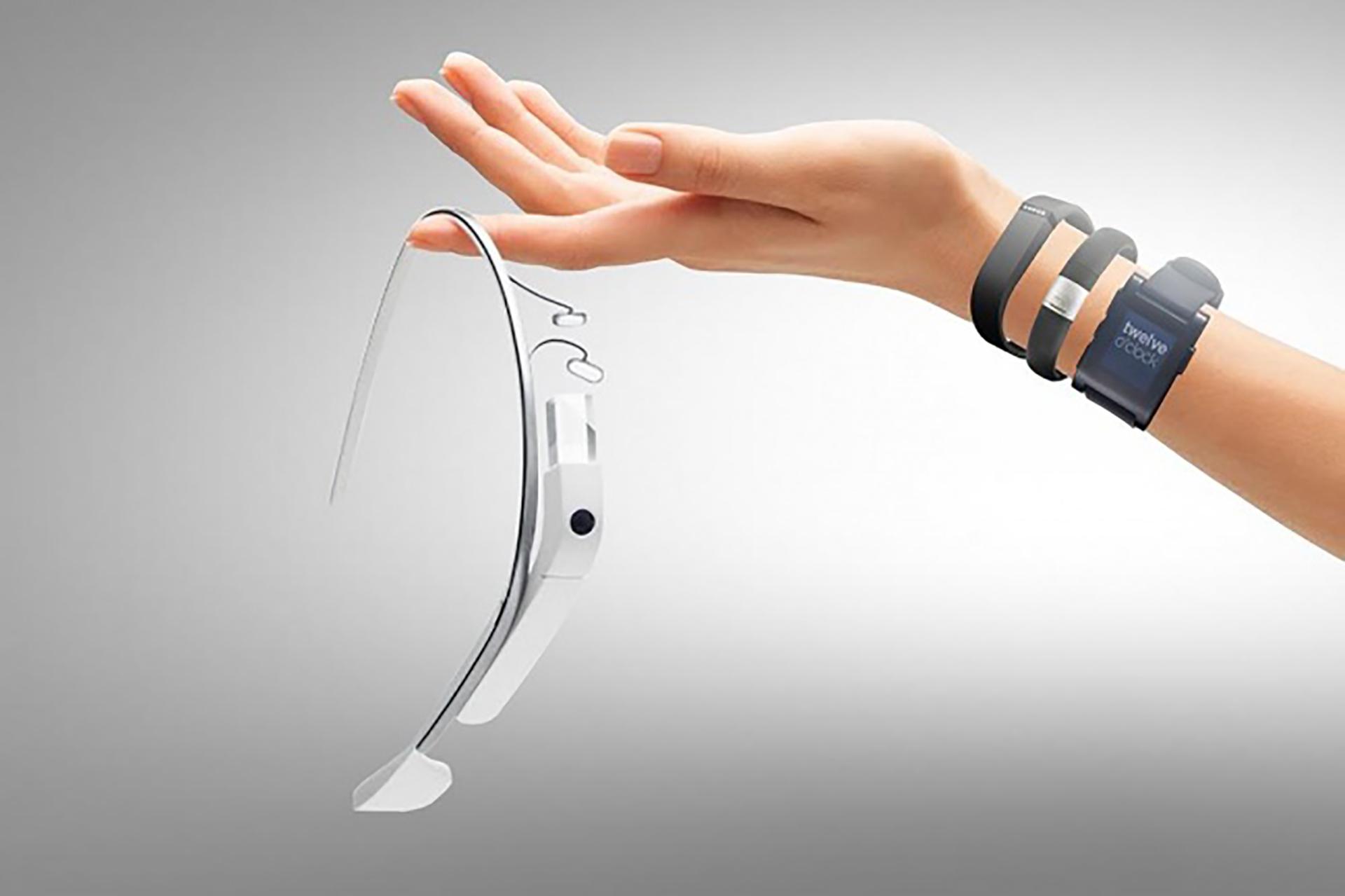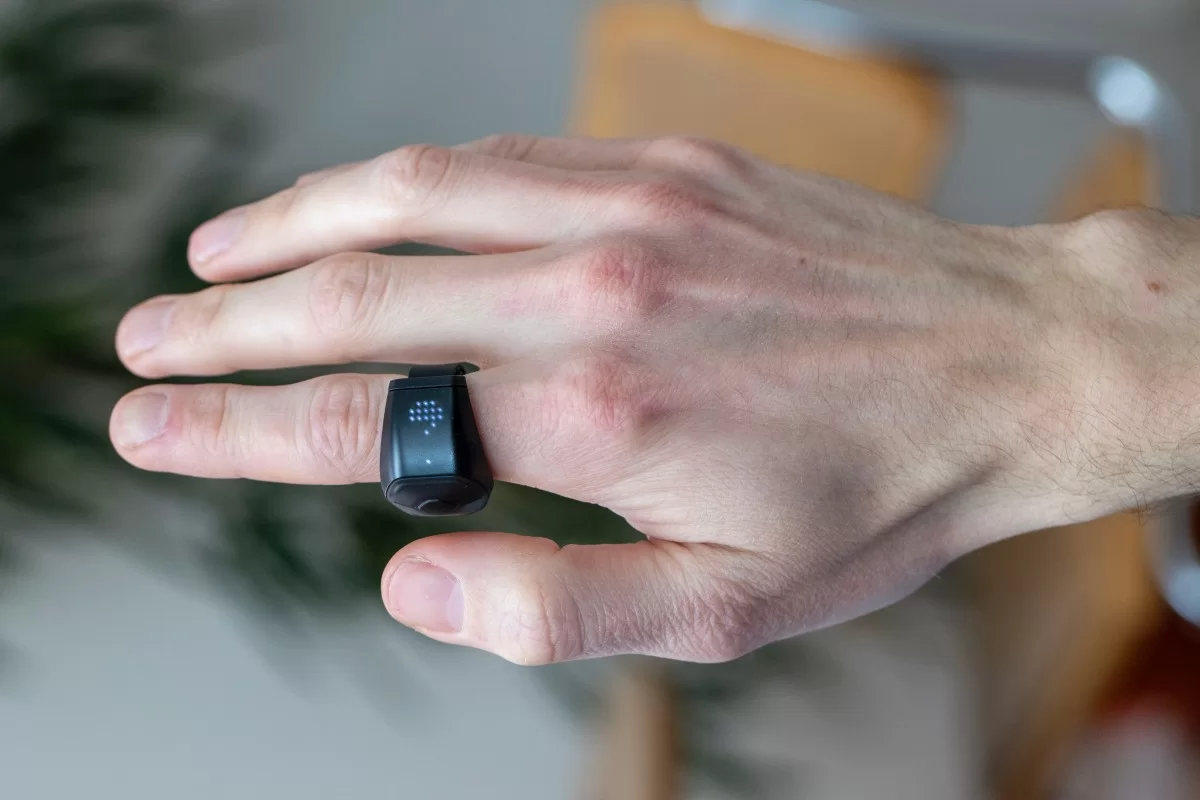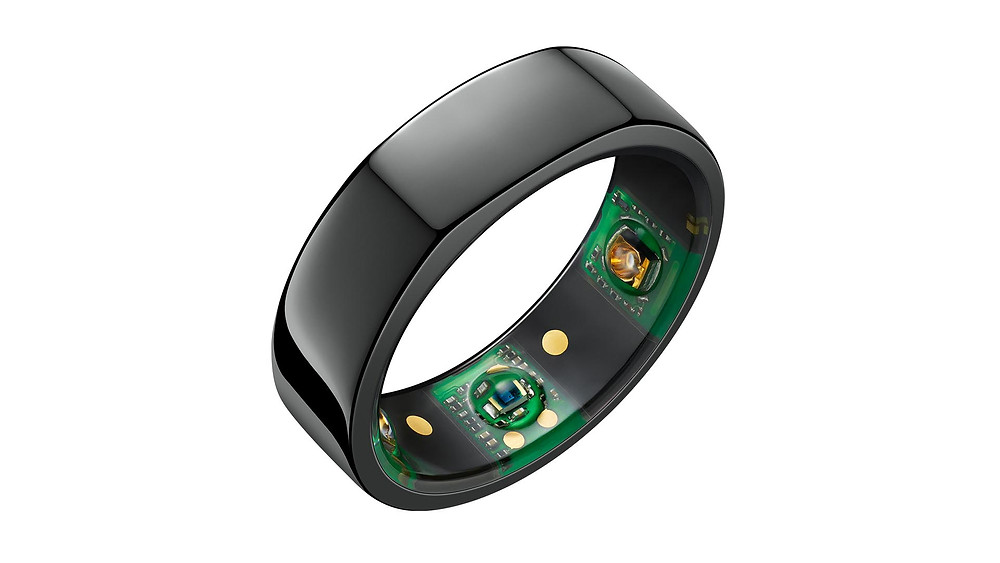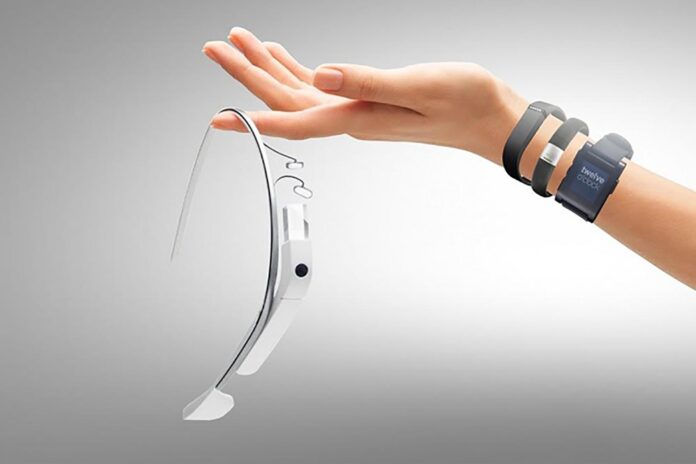
Wearable technology has undergone significant transformation over the past decade, evolving from basic fitness trackers to sophisticated devices that offer a multitude of functionalities. As we step into 2024, two key innovations are set to redefine the landscape of wearables: foldable technology and smart rings. These advancements promise to enhance user experience, drive new applications, and pave the way for future developments in the industry.
The Rise of Foldable Tech in Wearables
Enhanced Flexibility and Portability
Foldable technology, initially popularized by smartphones, is making its way into the wearable market. The ability to fold and unfold devices offers unparalleled flexibility and portability. Imagine a smartwatch that can expand into a full-sized screen, providing users with a larger interface for browsing, gaming, or even video calls. This capability not only enhances the functionality of the device but also maintains its compact and lightweight nature when folded.
Advanced Display Technologies
The integration of advanced display technologies such as OLED and AMOLED screens in foldable wearables ensures high-resolution visuals and vibrant colors. These displays are not only more flexible but also more durable, capable of withstanding the rigors of daily use. Additionally, the seamless transition between folded and unfolded states ensures a smooth user experience, free from the interruptions caused by traditional rigid screens.
Innovations in Battery Life and Durability
One of the critical challenges for foldable wearables is battery life. Manufacturers are investing heavily in developing new battery technologies that can offer longer life without compromising the device’s slim profile. Solid-state batteries and advanced power management systems are key areas of focus. Moreover, the durability of foldable devices is being addressed through the use of robust materials like ultra-thin glass and reinforced polymers, ensuring that these wearables can endure frequent folding without damage.
Smart Rings: The Next Frontier in Wearables
Discreet and Stylish Functionality
Smart rings represent a significant leap in wearable technology by combining functionality with fashion. These compact devices offer a range of features, from fitness tracking and contactless payments to notifications and biometric authentication. Unlike bulkier wearables, smart rings are discreet and stylish, making them appealing to users who prefer minimalistic designs.
Health and Fitness Tracking
One of the most significant applications of smart rings is in health and fitness tracking. Equipped with sensors that monitor heart rate, sleep patterns, and physical activity, smart rings provide users with valuable insights into their health. These devices can even detect irregularities and prompt users to seek medical advice, playing a crucial role in preventive healthcare.
Enhanced Security Features
Security is a paramount concern in the digital age, and smart rings are stepping up to the challenge. With features like biometric authentication and encryption, these devices offer secure access to personal data and online accounts. The use of unique identifiers such as fingerprints or heart rate patterns ensures that only authorized users can access sensitive information, reducing the risk of unauthorized access and fraud.
The Future of Wearables: Integration and Ecosystem
Seamless Integration with Other Devices
As foldable technology and smart rings continue to evolve, their integration with other devices will become increasingly seamless. Users can expect wearables that sync effortlessly with smartphones, tablets, and even home automation systems, creating a cohesive ecosystem that enhances convenience and productivity. For instance, a smart ring could unlock a car, start the coffee machine, and provide navigation instructions through a foldable smartwatch.
Personalized User Experiences
The future of wearables lies in personalized user experiences. By leveraging artificial intelligence and machine learning, these devices can learn user preferences, habits, and routines, offering tailored recommendations and automated actions. Whether it’s adjusting the thermostat based on your usual wake-up time or suggesting a new workout routine, personalized wearables will make life more convenient and efficient.
Sustainability and Ethical Considerations
As with any technological advancement, sustainability and ethical considerations are crucial. Manufacturers are increasingly focusing on eco-friendly materials and sustainable production methods for wearables. Additionally, issues related to data privacy and ethical use of biometric information are being addressed through stringent regulations and transparent policies, ensuring that user trust is maintained.
Conclusion
Foldable technology and smart rings are at the forefront of the wearable revolution, offering exciting possibilities for the future. With enhanced flexibility, advanced functionalities, and seamless integration, these innovations are set to redefine how we interact with technology in our daily lives. As we move forward, the focus will be on creating personalized, secure, and sustainable wearables that not only enhance our lifestyle but also address the evolving challenges of the digital age.










